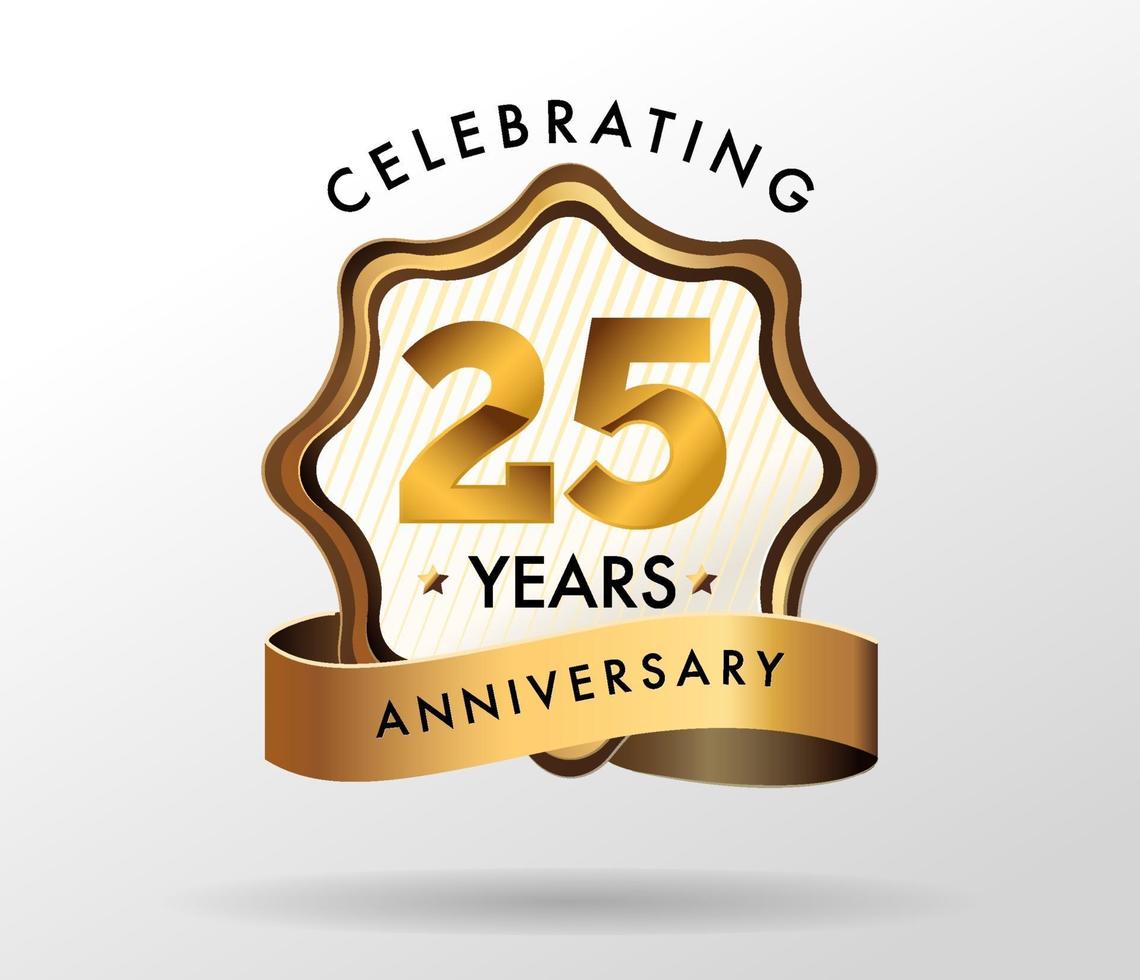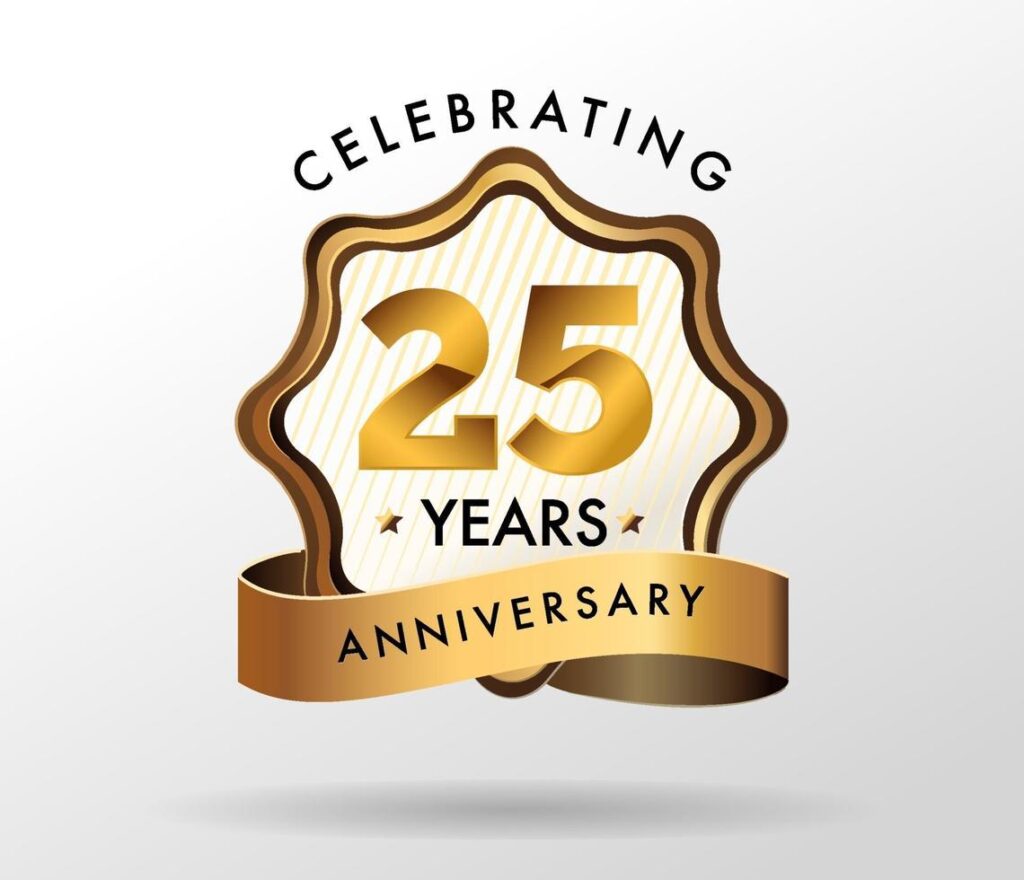This new search engine results page (serp), known as a blended search result, has made traditional SEO efforts more important than ever for any business aiming to benefit from the ever-expanding market of online search.
Blended Search Result (left) versus “pure” or “7-Pack” result (right)
David Mihm’s 2011 Local Searching Ranking Factors report was published Friday, proving only that Google’s local results change more than Roger Ebert’s twitter status. More than Charlie Sheen goes through girlfriends. Faster than Ashton Kutcher can destroy Two and a Half Men. Even faster than Apple releases new junk to clean out my wallet. You get the idea. One of Google’s most dramatic adjustments transformed the “pure” local search result, otherwise known as the “7-pack,” by weighing SEO elements of business websites into corresponding search results, putting an end to any local SEO strategies focusing only on Google Places. This new search engine results page (serp), known as a blended search result, has made traditional SEO efforts more important than ever for any business aiming to benefit from the ever-expanding market of online search.
David Mihm’s report includes charts, graphs, unicorns, and everything else you could possibly imagine, all beautifully organized and illustrated, so I will only include some of the most important findings here. I’ll also emphasize what I’ve found to be most important in my own experience this year.
Top Ten Factors in Google Places Search Results
- Physical Address in City of Search
- Manually Owner-verified Place Page
- Proper Category Associations
- Volume of Traditional Structured Citations (IYPs, Data Aggregators)
- Crawlable Address Matching Place Page Address
- PageRank/Authority of Website Homepage/Highest Ranked Page
- Quality of Inbound Links to Website
- Crawlable Phone Number Matching Place Page Phone Number
- Local Area Code on Place Page
- City, State in Places Landing Page Title
Hold on a second! What hasn’t changed?
The basics of local search remain the same to a large extent. It’s still important to have your business’s physical address in the city where the search occurs, and there’s nothing easier, or more beneficial, than simply claiming your listing in Google Places. The significance of choosing proper categories* hasn’t changed either – if your business doesn’t have well-chosen categories, it’s probably not going to appear in related search queries. Acquiring citations from a slew of business directories (Internet Yellow Pages, Yelp, Kudzu, MerchantCircle, etc.) still remains highly important.
But you said local results have changed!
Though many searches continue to yield a “pure” result or “7-pack,” blended search results are responsible for the majority of changes in importance of ranking factors. PageRank/Homepage Authority has become much more significant in local search over the last year, meaning that a business can no longer rely solely on the strength of their Google Places page to rank well – at least not for blended search results. It also means that it is vital for Google to recognize your business website within your Places page. Your website should be one of your first citations, as shown below.
Business Website Citation for Surratt Law Practice of Reno, Nevada
If Places doesn’t recognize your website, chances are you aren’t benefiting from optimizing your site, and your business is not going to show up in any blended search results. Doh!
Name, Address, Phone Number (NAP)
NAP Consistency is the key to happy search.
A missing connection between your website and Places page could also mean your business has some inconsistencies in Name/Address/Phone Number (NAP) across the web. NAP consistency is crucial — it shows Google that your business is not only legitimate, but is also a valuable asset to its users, making it more likely that your page will rank well. Ensure your business name, address, and phone number are identical across all platforms. If your official business name has “,LLC.” in it, it should be “,LLC.” everywhere. If your office is in a suite, decide whether your address will be written as “Suite#” or “Ste#,” and stick to it. Format your NAP as consistently as possible on every print ad, website, press release, and publication. It’s not only great for your brand, it’s great for your SEO. Consistency makes the crawlers happy.
NAP consistency includes avoiding duplicate Places listings, which can cause citations to be assigned to a listing you aren’t optimizing. It takes weeks to months to have this corrected, if Google gets to it at all. Avoid the whole mess by having only ONE Places listing for your business. This is especially true for doctors and lawyers, who are often incorrectly advised by SEO consultants and marketing companies to create Places listings for every physician or attorney in the office. Don’t do it!
Links, Links, Links.
Of course, blended search results have also made it that much more important to acquire meaningful inbound links to your business’s website. As Andrew Shotland of Local SEO Guide says, “no linky, no ranky.” Not sure how to do this? Start a marketing alliance in your city. Write a guest blog post. Write a press release. Connect with your industry and your community in a way that gets your business noticed. Don’t resort to blackhat techniques that will not only get your website penalized, but will also hurt your brand.
Conclusions
Last thing, and it’s true no matter how Google changes. To business owners looking for an SEO consultant: read Google’s quality guidelines. Though 2011 has proven to be a year of tremendous development for Google and local search results, spammers continue to rampantly exploit the system. While this may be beneficial in the short-term, it almost guarantees your business website will be penalized or de-listed altogether at some point in the future.
Whether you’re doing your own local SEO or hiring a consultant, make sure you know nothing is going to cause your business to be penalized or de-indexed. Local SEO may still be rife with blackhat techniques and spammers, but long-term success requires adherence to Google’s rules.
TL;DR (too long; didn’t read)
- Optimize your website for products/locations, etc. Geographic keywords are good on your website.
- Choose smart categories for your business in Places. Don’t stuff them, or spam geo-keywords.
- Make sure your website is a citation in your Google Places page.
- Keep your NAP consistent across all directories and websites, especially your own.
- Acquire as many meaningful links as possible through doing cool stuff.
- If you haven’t already, start getting some positive reviews from your customers.
- Read Google’s Quality Guidelines.




